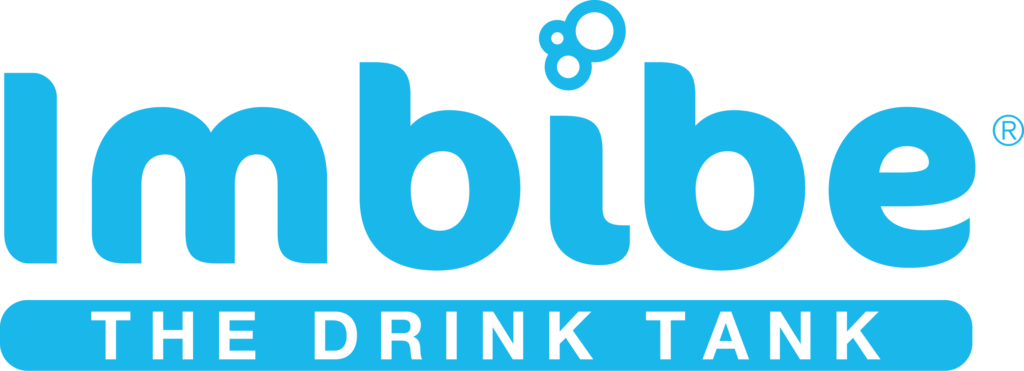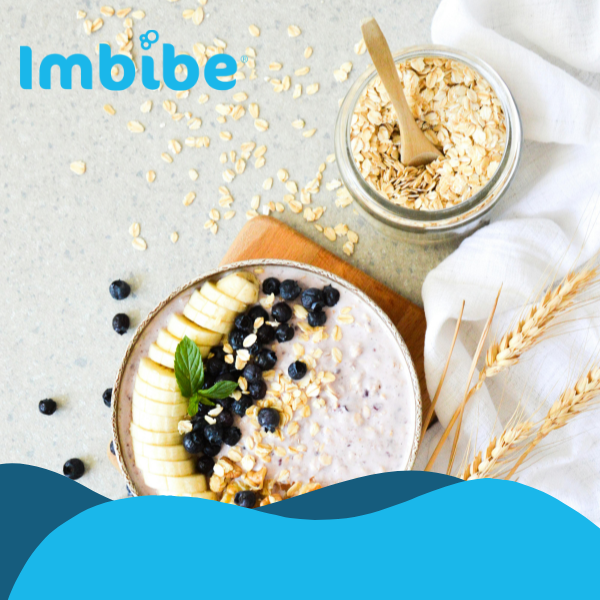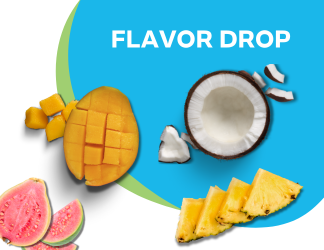Mental health is agrowing concern for American consumers. In the past year, there have been several notable events that have affected mental health from the COVID-19 crisis to eruptions of civil unrest. According to the Hartman Group report, “Functional Food and Beverage Supplements 2020,” 58% of Americans are concerned about their mental health. Additionally, the American Psychological Association (APA) reported that 2 in 3 adults have experienced increased stress over the course of the pandemic. The highest levels of stress reported were among Gen-Z (ages 18-23) who are entering adulthood during uncertain times.
Consumers are making self-care a priority to cope with stress, including turning to supplements that are suggested to improve overall mood and reduce the negative effects of stress such as disrupted sleep and focus. According to the Hartman group, 16% of consumers are taking supplements to manage anxiety and 22% are using them to improve sleep. Since many ingredients used in supplements are also incorporated into beverages, there’s opportunity for brands to introduce mood-boosting products to the market.
When it comes to beverages that promote mental wellbeing, one of the industry buzzwords is “adaptogens.” These are ingredients that work to counteract the effects of stress on the body which can have a multitude of benefits that range from increasing relaxation and quality of sleep to improving the immune system.
Adaptogens have been used for thousands of years in Ayurvedic medicine (a holistic medicine developed in India) but are just starting to garner awareness from American consumers. According to Mintel, only about 4% of Americans are currently consuming functional food and beverages enhanced with adaptogens. However, Google searches for adaptogens grew 78% from December 2019 to December 2020 (jumping from fewer than 30k to nearly 50k) which suggests awareness about these mood boosting ingredients is growing. The steady need for products that improve mental health, advocates lauding the benefits of adaptogens and unlimited access to information online is expected to result in greater awareness and demand for adaptogenic products for the next decade.
Adaptogens Trending in Beverage
Below is a breakdown of five of the most popular adaptogens used in beverage, suggested benefits and product examples.
| Ingredient | Benefits | Examples | ||
| Ashwagandha | Suggested to relieve stress, improve energy and enhance focus. | 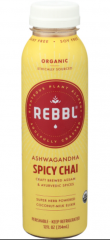 | 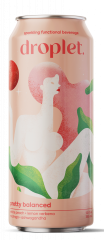 |  |
| Ginseng (all types) | Suggested to have a calming effect, improve energy, enhance memory and boost the immune system. | 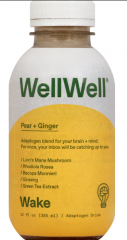 | 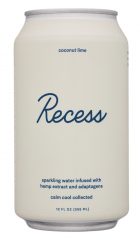 |  |
| Tulsi/Holy Basil | Suggested to reduce stress, anxiety and depression. | 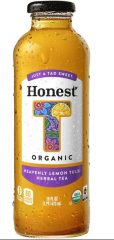 | 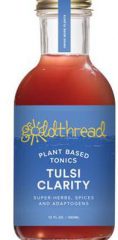 | 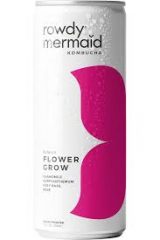 |
| Schisandra | Suggested to reduce stress, improve endurance and performance and boost the immune system. |  | 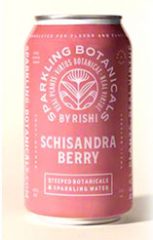 |  |
| Reishi Mushroom | Suggested to reduce fatigue and depression and improve immune response. | 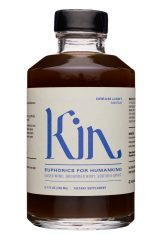 |  |  |
Key Considerations for Working with Adaptogens
Adaptogens may have great benefits, but they don’t always taste great. They may be bitter, pungent or astringent which can be a turn off to consumers. Adding sugar is one of the simplest ways to mask funky tasting functionals, however, because more than 70% of consumers are limiting their sugar intake, brands offering better-for-you products will likely opt to go a different route. Imbibe uses NonSense™, a family of proprietary masking ingredients, to mute off-notes of functionals.
Since there is a growing stigma against sugar, many brands in the natural products space are opting to use high intensity sweeteners like stevia or monk fruit. Like adaptogens, these sweeteners are not impervious to off-notes and often imparts a bitter linger that requires masking. Our product developers will often incorporate SweetSense™, a flavor modulator, to round out the flavor profile and clean up off-notes from natural high intensity sweeteners. Additionally, SweetSense™ may also impact the sweetness curve to give the product a more sugar-like sweetness. Imbibe has also developed a proprietary stevia that is cleaner tasting than other sweeteners on the market and works well in products across beverage categories.
Other challenges product developers may face when working with adaptogens are solubility and stability issues. Some adaptogens like ashwagandha and mushroom extracts aren’t cold water soluble, so they create a sediment in the package. An experienced product developer may be able to address the issue by creating the right stabilizer system. If you’re facing solubility and stability issues with your product, our R&D team has experience creating emulsions and stabilizer systems that may help.
Depending on the ingredient and the content, another option would be to have a disclaimer on the packaging that there is some sediment in the product or to put it in opaque packaging so consumers aren’t turned off by the appearance.
There are also regulatory considerations when deciding which adaptogens to incorporate into your product, choosing an ingredient supplier and determining product claims. For a product to be labeled as a food and not a supplement, ingredients used must be generally recognized as safe (GRAS) by the FDA. If there is an ingredient in a product that isn’t verified GRAS by the FDA, choose one that is a self-affirmed GRAS ingredient. It is more challenging to find novel ingredients that are FDA GRAS, so in these instances it is up to the company selling the ingredient to get the self-affirmed GRAS status.
Brands also have to be careful about structure/function claims. It’s essential that claims are not written as though the product was intended to treat, cure or mitigate a disease because only a drug can legally make such a claim.
Imbibe’s regulatory team always looks at the GRAS status of all the ingredients in a product we formulate – not just the ones we sell – and provides guidance to our customers on formatting and assessing claims.
If you’re thinking about developing an adaptogenic beverage (or any other type of mood boosting elixir!) we’d love to talk to you. Email us at thedrinktank@imbibeinc.com.
